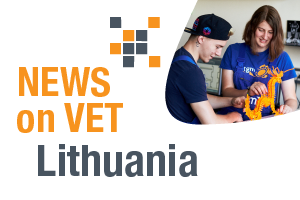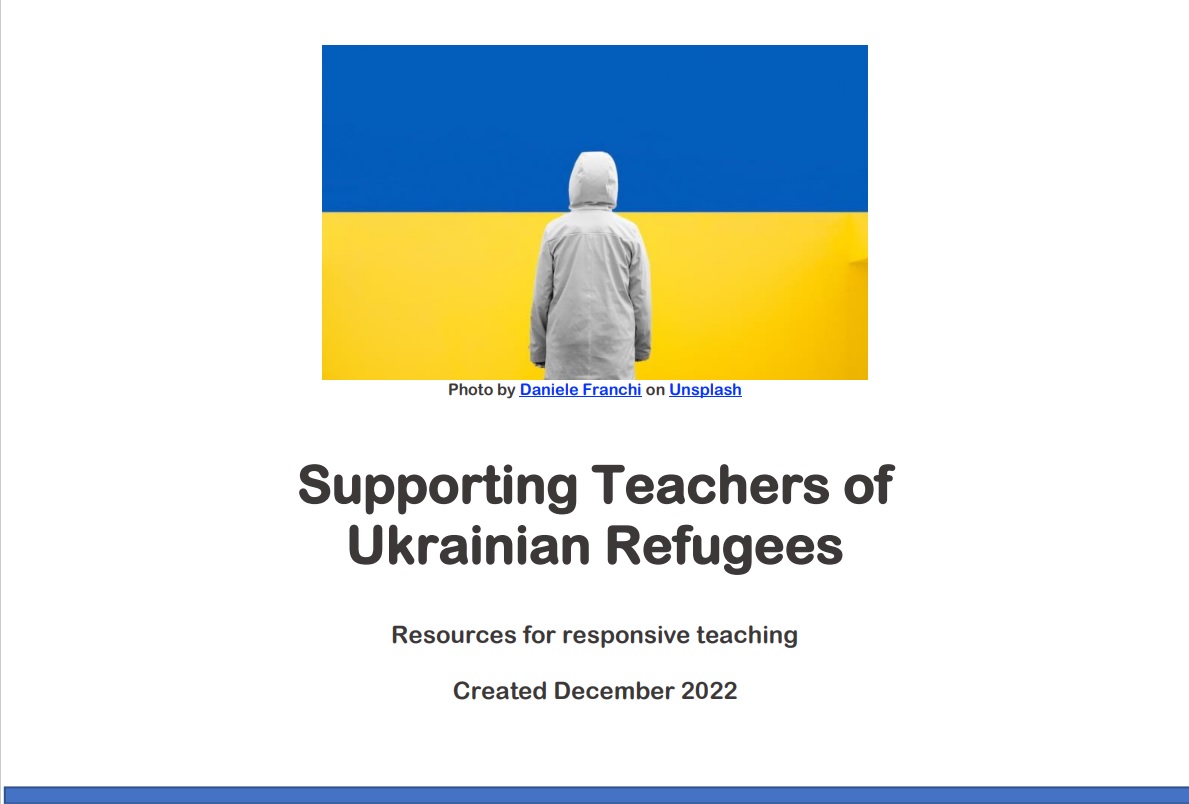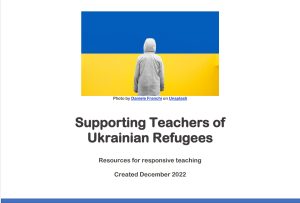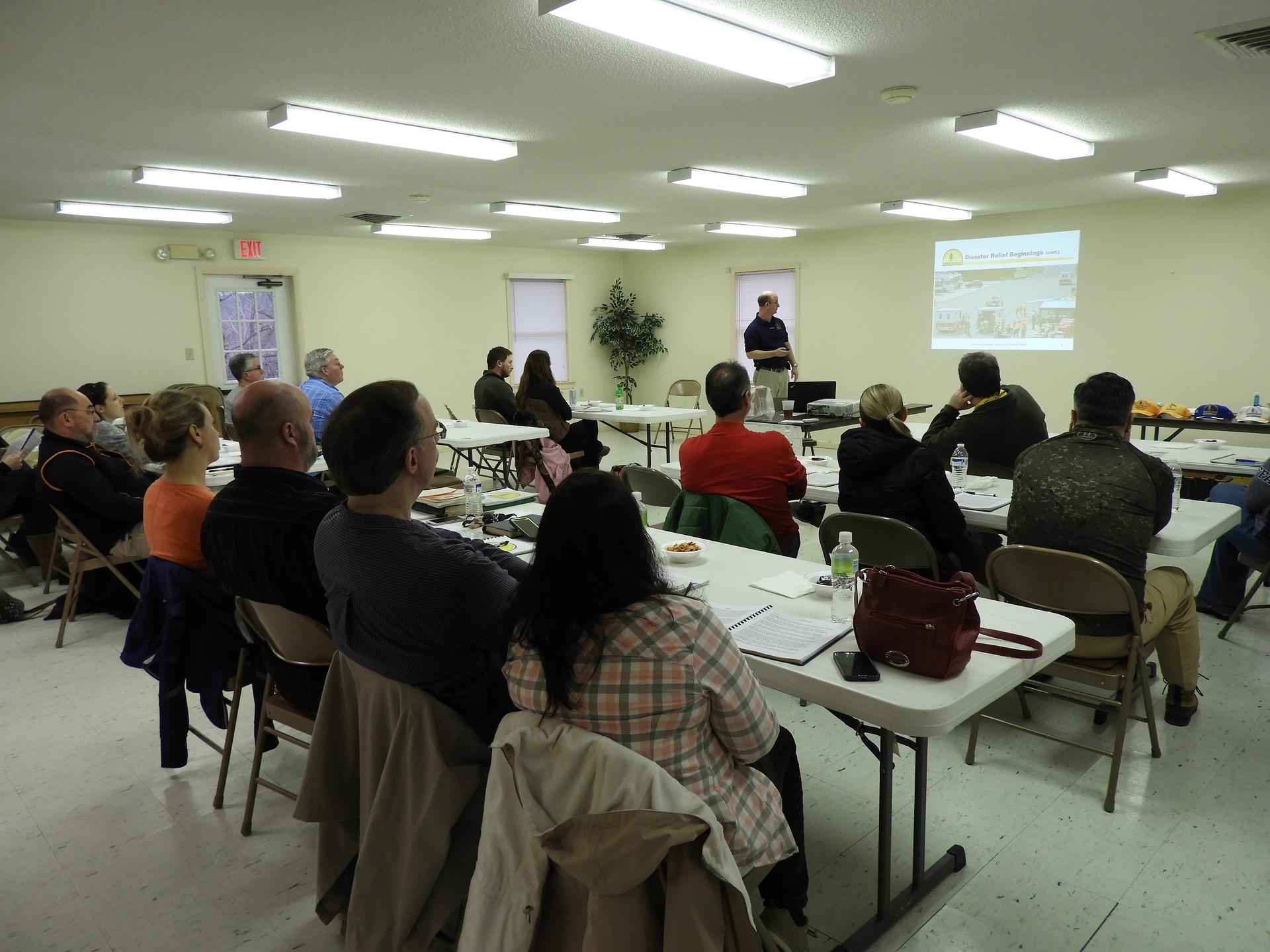n 2021 the framework for Lithuanian language teaching for third-country nationals as well as language-relevant recommendations were introduced. They further emphasise the importance of language learning for the integration of migrants and refugees into society, education and the labour market system.
Ongoing project ’Language learning as part of successful social integration (2020-22)
The project, implemented since August 2020, targets migrants and refugees, as well as Lithuanian language teachers/specialists. By end-2020, 160 migrants and refugees had participated in Lithuanian language courses. Methodological training introducing methods for designing and implementing training courses were organised with the participation of 60 language teachers. The main aim of this project is to provide nationals of third countries the possibility to learn Lithuanian, so that they can be integrated in the education and labour market system more easily. The concept for this project was prepared based on the experience of four other countries (AT, DE, NL and SE).
Read more: ReferNet Lithuania; Cedefop (2022). Lithuania: promoting language learning for faster integration of migrants and refugees. National news on VET


 Another output from the VALIANT community at the
Another output from the VALIANT community at the 

